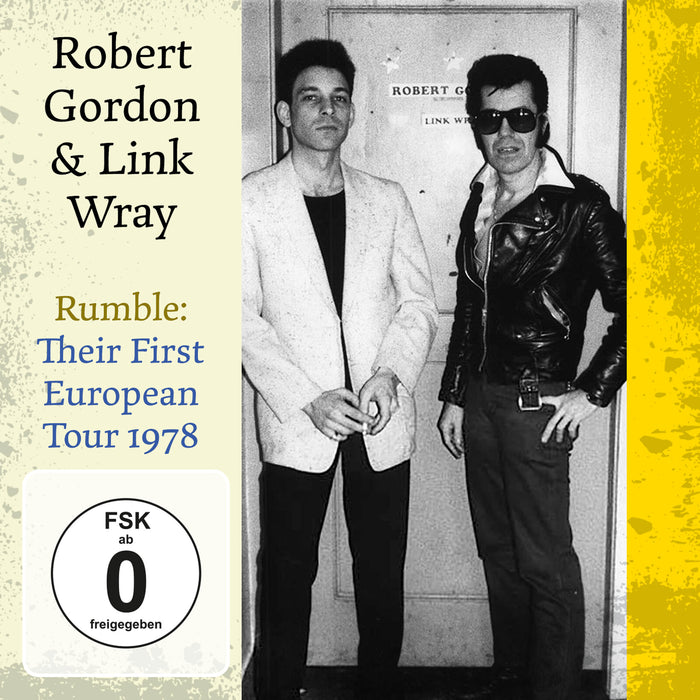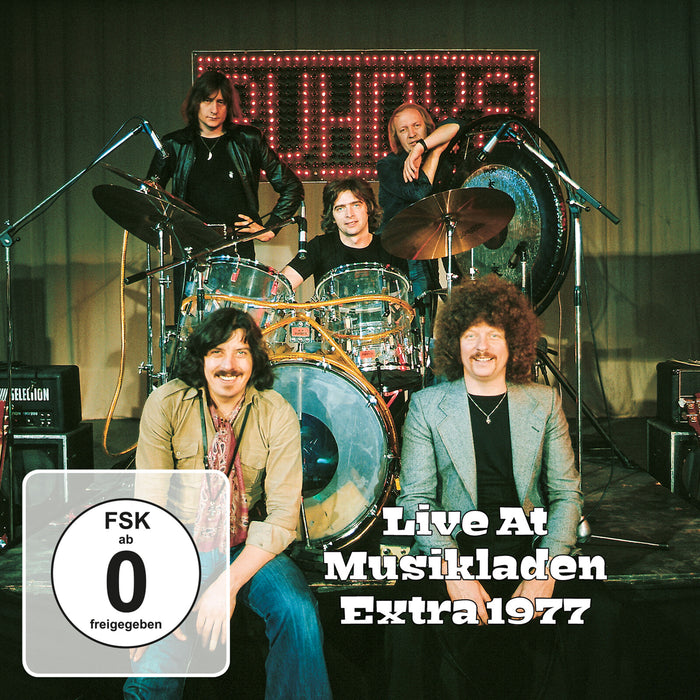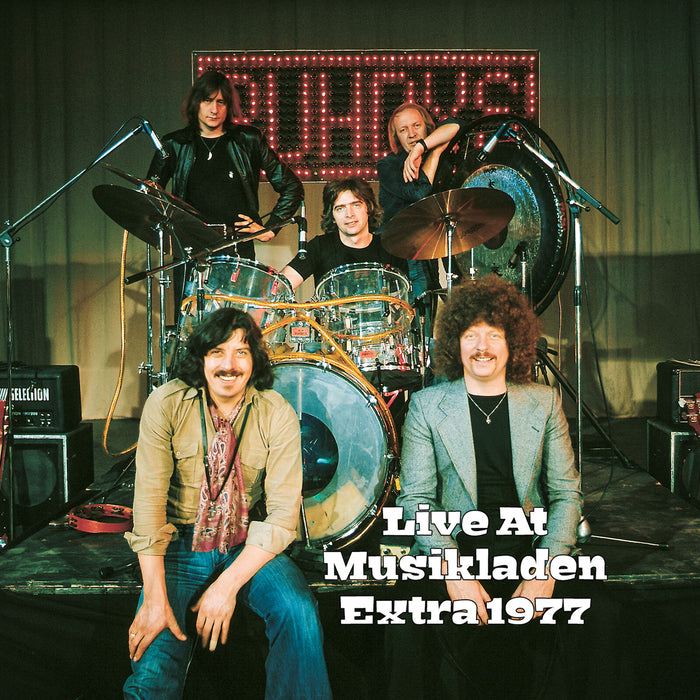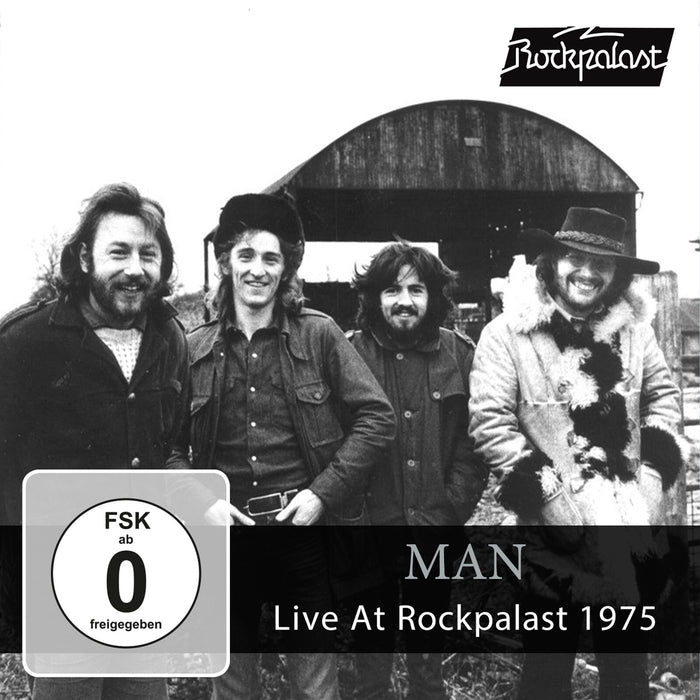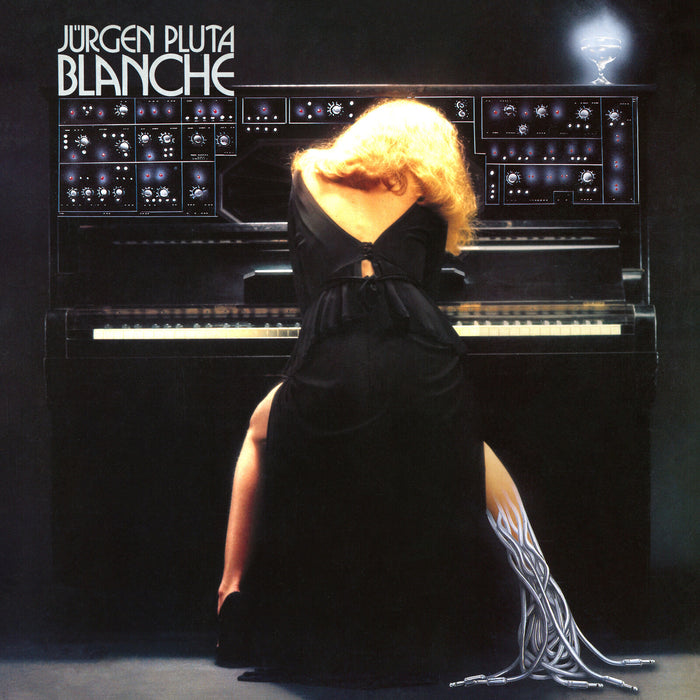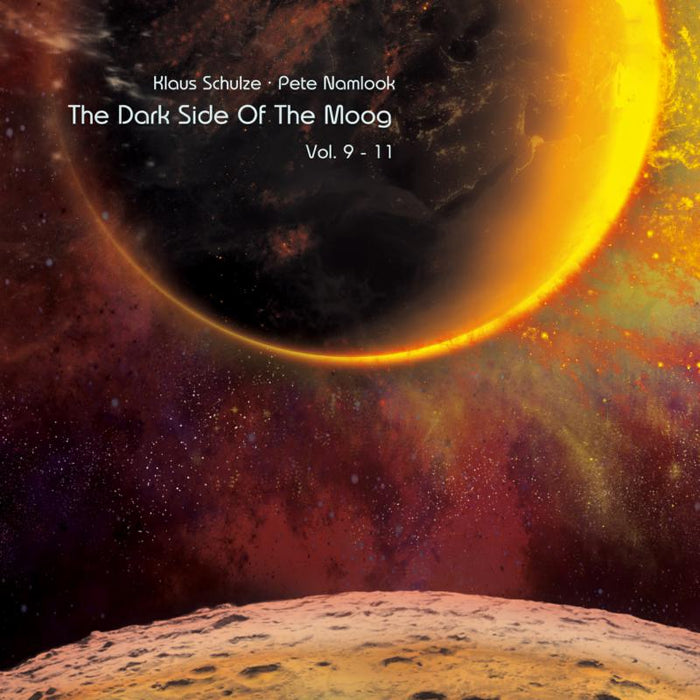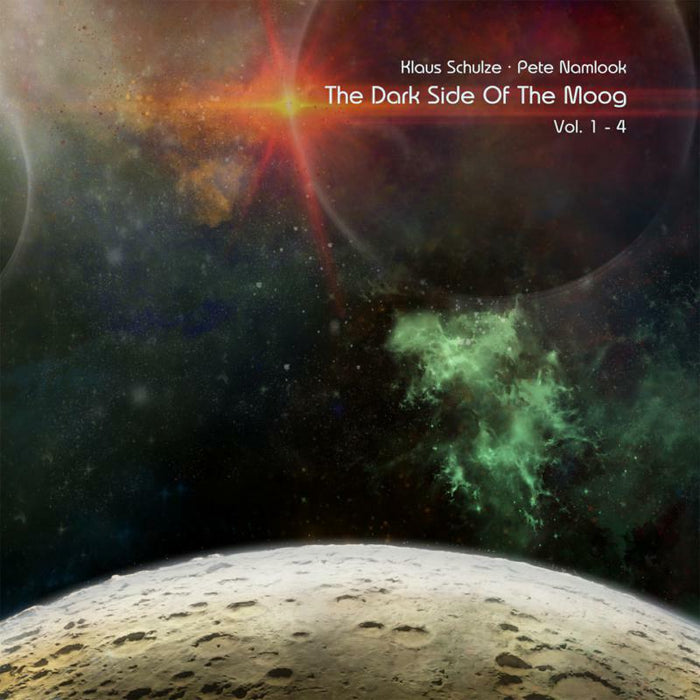Description
For fans of Ash Ra Tempel, Tangerine Dream, Manuel Gottsching - Sold out for a long time and worldwide sought-after series! Volume 1 to 11 in 3 abundent boxsets with each 5 CDs! This box 2 contains the Volumes 5-8 and a bonus CD with another 30:40 minutes with new liner notes by Ecki Stieg ("Grenzwellen").
In 1994, Klaus Schulze was able to look back on a long, successful and highly influential career, but he was also able to embrace the new. He was in the midst of his 'digital phase', fascinated by sampling technology, and had a clear idea of where he could go with the technology, which resulted in albums like 'Beyond Recall'; the Royal Festival Hall recordings; 'The Dome Event' and even to an extent his opera "Totentag".
By contrast Peter Kuhlman a.k.a Pete Namlook had just started. In 1992 he had founded the seminal Fax label, which was both a vehicle for his own recordings and a chance to collaborate and release recordings from like-minded musicians from around the world: Robert Gorl of DAF; Geir Jenssen of Biosphere fame; the ever-eclectic Bill Laswell; Ritchie Hawtin; Lorenzo Montana; Gabriel Le Mar; Dr. Atmo and David Moufang to name just a few.
In an interview from 2002, Pete remembered:
"In fact, the detonation was 'Air II' - the spacey part of the track 'Travelling Without Moving' enthused Klaus. He wanted us to start to work together at once. It was the music that was of importance to him.
Although Klaus had had no interest in working together before on principle, I knew I could convince him with my music. That was the key of our co-operation. The track was in a sort of Schulze/Tangerine Dream style with it's analogue synthi-bass sequences; it became apparent to both of us that we should approach things with analogue tools first of all. Although it wasn't so easy initially, the musical result finally convinced him. I didn't want to do just a remake of seventies space-music - I intended to meld it with the beats and sounds of today's electronic music, and I think we succeeded."
Klaus Schulze: "The whole series was a very unpretentious project. Because I had always kept total control with my own albums, I let Pete take it off my hands and could make compromises. That was juicy for me, 'cause I don't work with other electronic musicians usually. It was a total different chemistry compared to say Manuel Goettsching, who I understand completely. From that point of view it was a real challenge. I never could work with somebody like me, I'd rather do it on my own. The few people I have worked with, like Rainer Bloss, had to have strong egos to prevent themselves being dominated by me. Namlook once said, my music was often too emotional from his point of view. Namlook is much more rational than me, that's why I always kidded him with the nickname 'the banker' - but this oppositional aspect made it exciting for me. I need people who work contrari-wise.
Work on 'Dark Side Of The Moog' started without any solid intention and wasn't planned as a series at all. There was only the aim that it didn't sound like 'Schulze' only, so I decided that Namlook had to make the final mix."
The influence Namlook had on Klaus's music in the middle of the nineties should not be taken lightly, because although Klaus dearly loved those early-analogue elements from his own music, they had become, to an extent, lost. It was Pete who fortified him to go back to the analogue charm of his early albums and it was Pete who supported him in the modification of his analogue instruments, leading finally to the epoch-making Schulze album from 1996 - "Are You Sequenced?"
For Namlook, the curiosity of Klaus Schulze and their collaboration on a level playing field of mutual respect was inspiring:
And so a legendary series of recordings was born. 'Dark Side Of The Moog' grew more or less unplanned to a sprawling, stately-sized series of eleven volumes recorded between 1994 and 2008, only ending with the early, tragic death of Pete on November 8th 2012.










